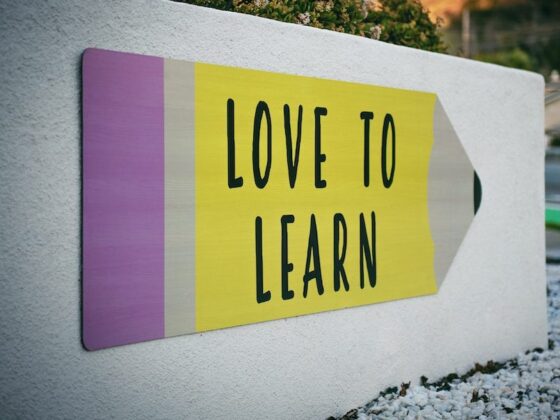When kids come home, many parents will ask, “How was school?”
While this is a great prompt to see how well children like school, most likely they will just reply, “Fine,” or, “Good.” Unfortunately, students do not benefit from “fine” and “good!” Students benefit from parents and guardians asking a more open ended “What did you learn today at school?”
The Magic of an Open-Ended Question
At first, students will probably reply with a list of the broader lessons. They might mention division or the solar system or the 13 original colonies. Soon, though, something magical might happen: they’ll find something at school that really excites them.
Perhaps, it will be the butterfly unit. This student loves butterflies and now they have the opportunity to learn about them in school! Without a doubt, this student will tell their parent every detail about what they learned about butterflies.
Do you know what just happened there? Not only did they get to relive that excitement twice, once at school and once at home, but this student also just solidified that lesson in their head. The enthusiasm a student has for their learning can act as an excellent catalyst to drive home key knowledge points. It all starts with asking “What did you learn today?”
Creating Good Habits for Students
That enthusiasm doesn’t have to stop at butterflies either. Once a student gets in the habit of providing the details of what they learned at school, they’ll do it with their other favorite subjects.
Ask follow up questions like “Can you show me how that works?” or “How did your teacher teach you how to do that?” Now, this student is not only sharing their knowledge, but showing it in action, while simultaneously sharing how they learn.
Continuing to Learn Outside the Classroom
The open-ended question “What did you learn today?” keeps students engaged after they leave the classroom. Learning shouldn’t end when students walk out the classroom door.
This doesn’t apply just to the school year either, it also applies to summer vacation. Students should remain active participants in their education, so as to not lose the important concepts teachers spend time on all year.
That’s why we also recommend starting a summer learning program at your school to keep students engaged year round. If students continuously practice their skills, teachers won’t need to spend time reteaching last year’s lessons at the beginning of the new year.
Subscribe to our Summer Newsletter to receive exciting enrichment activities to share with students from Memorial to Labor Day.





